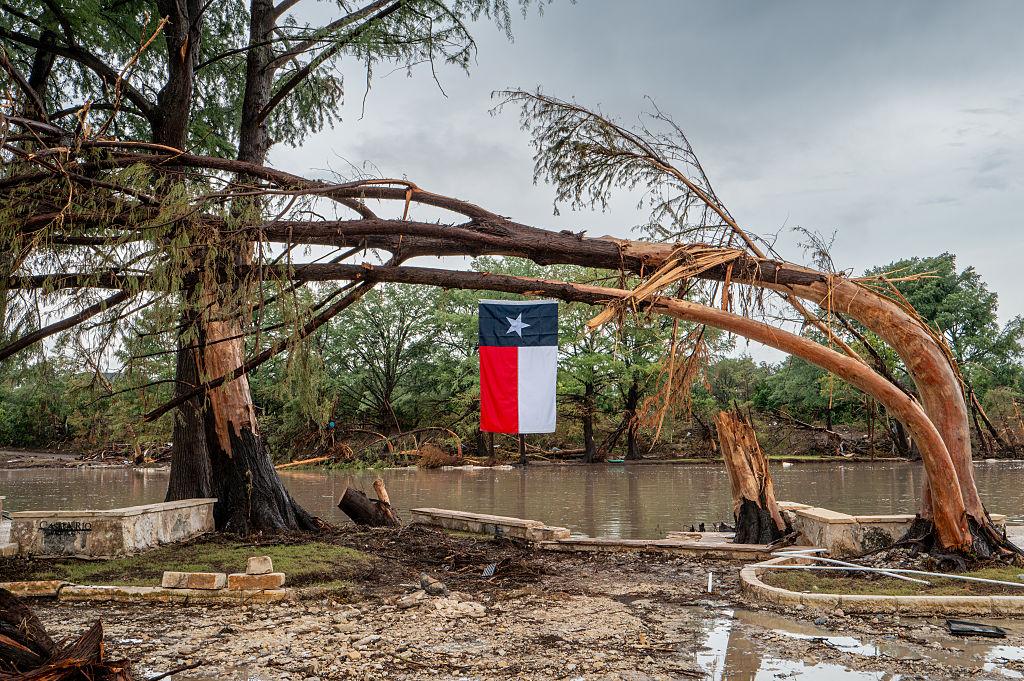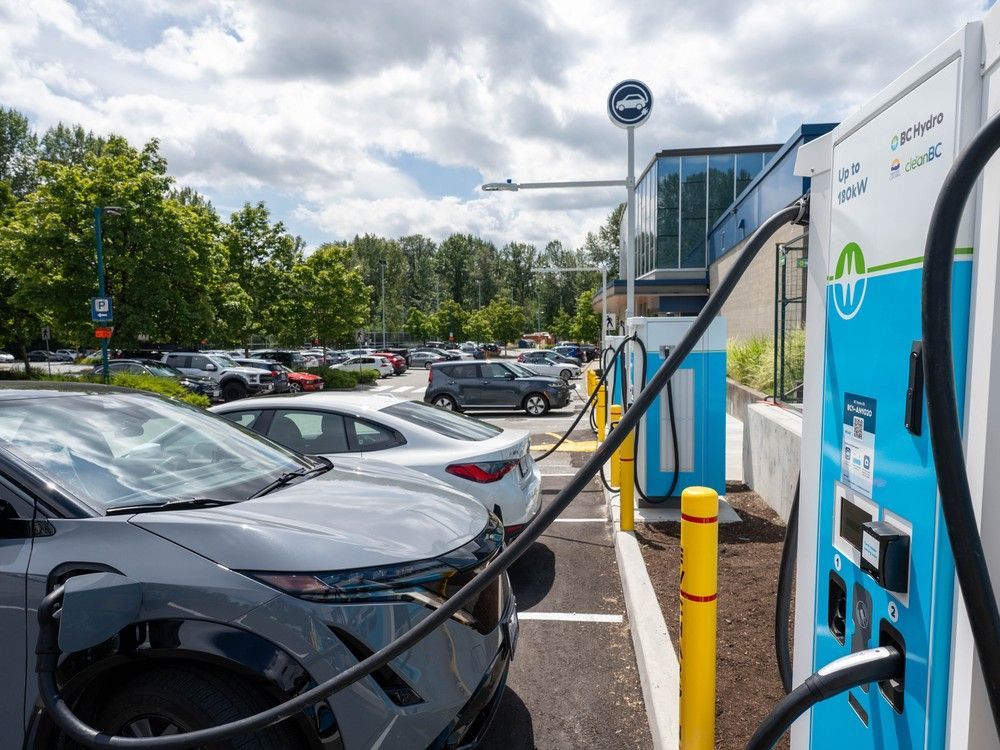As climate change accelerates, cities worldwide grapple with the urgent need to adapt to increasingly severe weather events. The reality of rising sea levels, extreme heat, and unpredictable storms necessitates a shift in urban planning strategies; traditional approaches focused on prevention are no longer sufficient. Instead, municipalities must confront the inevitability of climate disasters, prompting a reevaluation of infrastructure, resource allocation, and community resilience. This paradigm shift raises critical questions about how cities can effectively prepare for and mitigate the impacts of climate change while ensuring the safety and well-being of their residents.
To address these challenges, urban planners and policymakers are exploring innovative solutions that prioritize adaptability and sustainability. Key insights reveal the importance of integrating green infrastructure, enhancing emergency response systems, and fostering community engagement in disaster preparedness initiatives. By embracing a proactive mindset, cities can not only reduce vulnerability to climate-related threats but also create more resilient urban environments. The implications of these strategies extend beyond immediate disaster response; they pave the way for long-term sustainability and improved quality of life, ultimately redefining how urban areas coexist with a changing climate.








